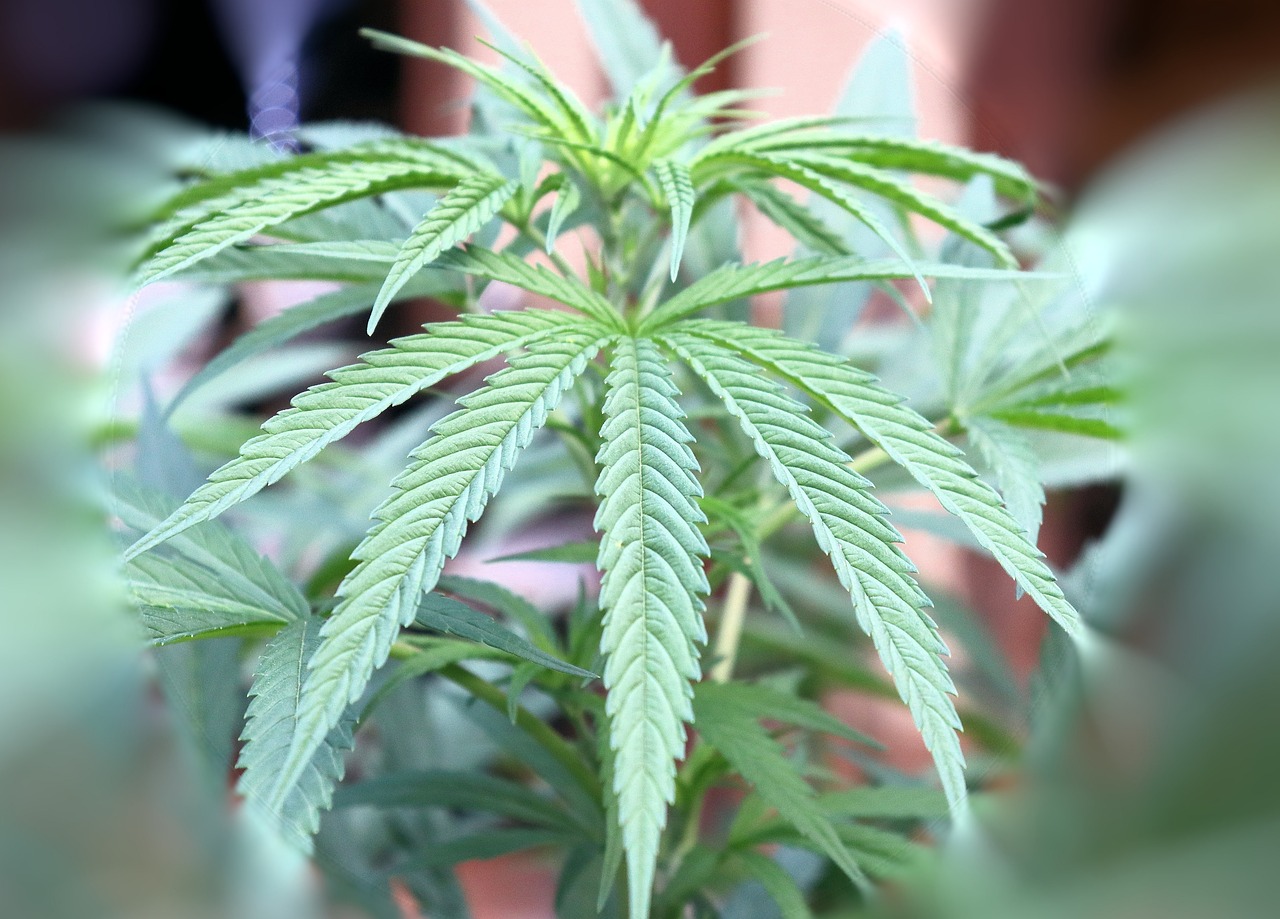The world of cannabis is vast and varied, with numerous compounds offering different effects and benefits. Two of the most talked-about components are THCA and CBD. While both originate from the cannabis plant, they have distinct properties and uses. This article explores the differences between THCA flower and CBD, providing insights into their unique characteristics and potential benefits. Where to buy Gold Cash THCa?
Understanding THCA Flower
THCA, or tetrahydrocannabinolic acid, is a non-psychoactive cannabinoid found in raw cannabis. Unlike THC, which is known for its psychoactive effects, THCA does not produce a “high.” This compound is abundant in fresh cannabis plants and is the precursor to THC. When cannabis is heated through smoking, vaping, or cooking, THCA converts to THC, leading to psychoactive effects.
Benefits of THCA
Research into THCA is still in its early stages, but preliminary findings suggest several potential benefits:
- Anti-inflammatory properties: THCA may help reduce inflammation, making it a potential option for those with arthritis or other inflammatory conditions.
- Neuroprotective effects: Some studies indicate that THCA might protect brain cells, which could be beneficial for neurodegenerative diseases.
- Anti-emetic properties: THCA may help reduce nausea and vomiting, offering relief for patients undergoing chemotherapy.
Consumption Methods
THCA is typically consumed in its raw form to preserve its non-psychoactive properties. Common methods include:
- Juicing: Fresh cannabis leaves and flowers can be juiced to retain THCA.
- Raw consumption: Adding raw cannabis to smoothies or salads is another way to consume THCA.
- Tinctures: Some products are specifically designed to deliver THCA without converting it to THC.
Exploring CBD
CBD, or cannabidiol, is another prominent cannabinoid found in cannabis. Unlike THC, CBD is non-psychoactive and is often associated with therapeutic benefits. It has gained popularity for its potential to alleviate various health issues without the intoxicating effects of THC.
Benefits of CBD
CBD has been extensively studied, and its potential benefits are well-documented:
- Anxiety and depression relief: CBD may help reduce symptoms of anxiety and depression, offering a natural alternative to pharmaceuticals.
- Pain management: Many users report relief from chronic pain conditions, such as fibromyalgia and multiple sclerosis.
- Seizure reduction: CBD has been shown to reduce the frequency and severity of seizures in certain types of epilepsy.
Consumption Methods
CBD can be consumed in various forms, making it accessible to a wide range of users:
- Oils and tinctures: These are popular for their ease of use and precise dosing.
- Edibles: Gummies, chocolates, and other edibles offer a tasty way to consume CBD.
- Topicals: Creams and balms infused with CBD can be applied directly to the skin for localized relief.
Comparing THCA and CBD
While both THCA and CBD are derived from cannabis, their effects and uses differ significantly. THCA is primarily valued for its potential anti-inflammatory and neuroprotective properties, while CBD is renowned for its ability to alleviate anxiety, pain, and seizures. The choice between the two often depends on individual needs and desired outcomes.
Legal Status
The legal status of THCA and CBD varies by region. In many places, CBD is legal and widely available, often derived from hemp. THCA, being a precursor to THC, may be subject to stricter regulations. It’s important for consumers to be aware of local laws before purchasing or using these compounds.
Scientific Research
Research into both THCA and CBD is ongoing, with scientists exploring their full potential. While CBD has been the focus of numerous studies, interest in THCA is growing. As research progresses, more information will become available, potentially leading to new applications and products.
Case Studies and Statistics
Several case studies highlight the potential benefits of both THCA and CBD:
- A study published in the Journal of Clinical Investigation found that CBD can reduce anxiety in individuals with social anxiety disorder.
- Research in the British Journal of Pharmacology suggests that THCA may have anti-inflammatory effects, which could benefit patients with inflammatory bowel disease.
- The New England Journal of Medicine reported that CBD significantly reduced seizure frequency in patients with Dravet syndrome, a severe form of epilepsy.
Conclusion
THCA and CBD offer unique benefits and applications, making them valuable components of the cannabis plant. While THCA is gaining attention for its potential anti-inflammatory and neuroprotective properties, CBD continues to be a popular choice for those seeking relief from anxiety, pain, and seizures. As research advances, our understanding of these compounds will deepen, potentially leading to new therapeutic options. Consumers should consider their individual needs and consult with healthcare professionals when exploring these cannabinoids.
